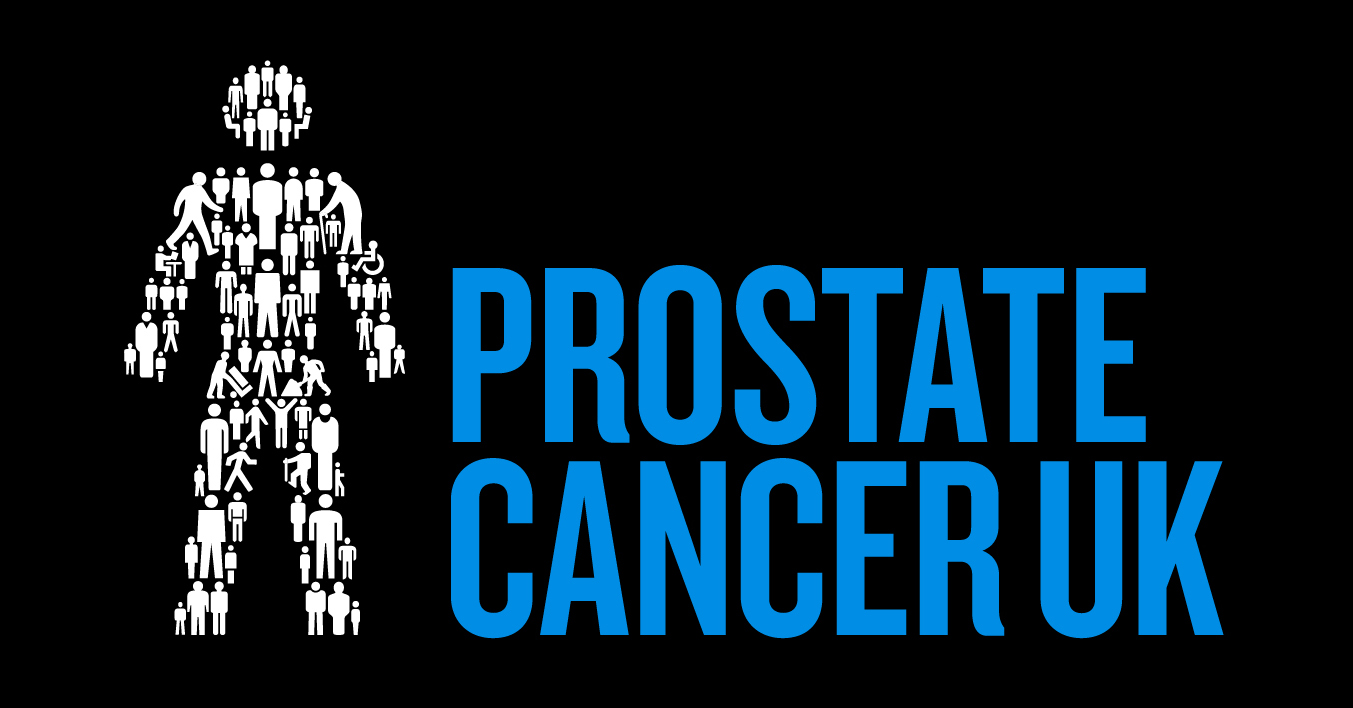Club Insure Risk Management’s Director, Carl Currie, discusses the Health & Safety Executive (HSE) and councils are now doing COVID-secure spot checks. Are you prepared?
The furlough scheme is coming to an end and more people are returning to the workplace. It is essential to remember that, as an employer, you have a legal responsibility to protect workers and others from risk to their health and safety. This now includes making sure your premises are COVID-secure.
About HSE spot checks
HSE have been conducting spot checks on businesses and local authorities. It now also has the power to carry out checks and impose fines or order a business to temporarily close.
Therefore, everyone needs to assess and manage the risks of COVID-19. In particular, businesses should consider the risks to their workers and visitors. This means you need to think about the risks they face. Do everything reasonably practicable to minimise them, recognising you cannot completely eliminate the risk of COVID-19.
Assess your risks
You must make sure that the risk assessment for your business addresses the risks of COVID-19. We have lots of free risk assessments on our Back in Business page. You should also consider the security implications of any decisions and control measures you intend to put in place. Any revisions could present new or altered security risks that may require mitigation.
A risk assessment is not about creating huge amounts of paperwork. It’s about identifying sensible measures to control the risks in your workplace. If you have fewer than five workers, or are self-employed, you don’t have to write anything down as part of your risk assessment. Your risk assessment will help you decide whether you have done everything you need to.
Communicate with your team
Employers have a duty to consult their people on health and safety. You can do this by listening and talking to them about work and how you will manage risks from COVID-19. The people who do the work are often the best people to understand the risks in the workplace. They will have a view on how to work safely.
You are encouraged to have individual discussions with your workers where reasonable. This includes who are clinically extremely vulnerable and therefore may be nervous about returning to the workplace. Ask employees to consider any uncertainties they have about the precautions in place to make the workplace COVID-secure.
Involving your team in making decisions shows that you take their health and safety seriously. You must consult with the health and safety representative selected by a recognised trade union. If there isn’t one, consult with a representative chosen by workers. As an employer, you cannot decide who the representative will be.
What happens if you don’t comply
Where the enforcing authority, such as the HSE or your local authority, identifies employers who are not taking action to comply with the relevant public health legislation and guidance to control public health risks, they are empowered to take a range of actions to improve control of workplace risks. These actions include closure of venues under the Health Protection (Coronavirus, Restrictions) (England) (No. 3) Regulations 2020. For example, this would cover employers not taking appropriate action to ensure social distancing, where possible.
Failure to complete a risk assessment which takes account of COVID-19, or completing a risk assessment but failing to put in place sufficient measures to manage the risk of COVID-19, could constitute a breach of health and safety law. The actions the enforcing authority can take are varied. This includes the provision of specific advice to employers to support them to achieve the required standard, through to issuing enforcement notices to help secure improvements. Serious breaches and failure to comply with enforcement notices can constitute a criminal offence, with serious fines and even imprisonment for up to two years. There is also a wider system of enforcement, which includes specific obligations and conditions for licensed premises.
Employers should respond to any advice or notices issued by enforcing authorities rapidly. They must do so within any timescales imposed by the enforcing authorities.
Employers must follow all instructions from authorities in the event of new local restrictions.
Looking for further information?
You may have queries regarding the above, or any other health & safety, HR, training or compliance matters. Please feel free to contact the Club Insure Risk Management team for help and guidance.







